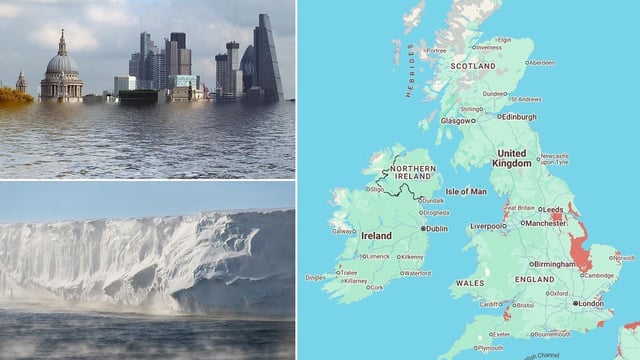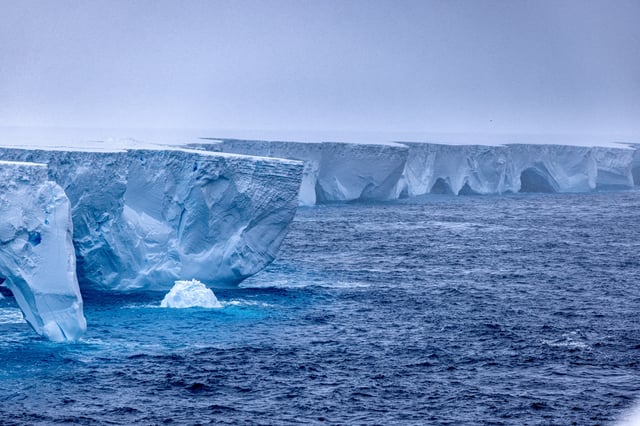Overview
- A multinational state-of-knowledge review in Nature reports a regime shift in Antarctic sea ice, with average retreat since 2014 of about 120 kilometers from the coast.
- The West Antarctic Ice Sheet is assessed as at severe risk of collapse, a scenario that would raise global sea levels by more than three meters.
- Researchers find signs of a rapid slowdown in the Antarctic Overturning Circulation, threatening nutrient upwelling and the ocean’s capacity to absorb carbon.
- Wildlife impacts are already documented, including repeated emperor penguin breeding failures and stress on krill and phytoplankton from warming and acidification.
- Separate research in Geophysical Research Letters attributes the recent Arctic sea-ice slowdown to internal variability that could persist 5–10 years, with models showing faster losses often follow such pauses.



